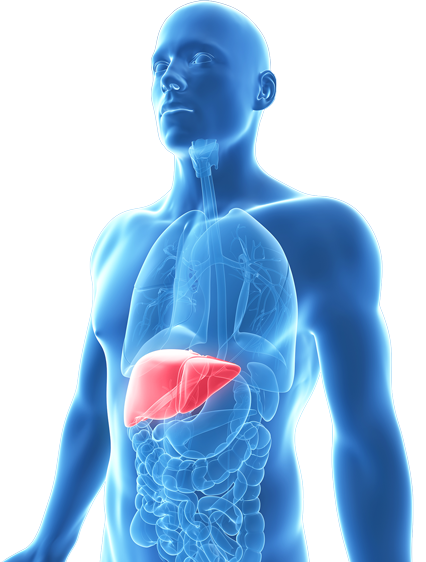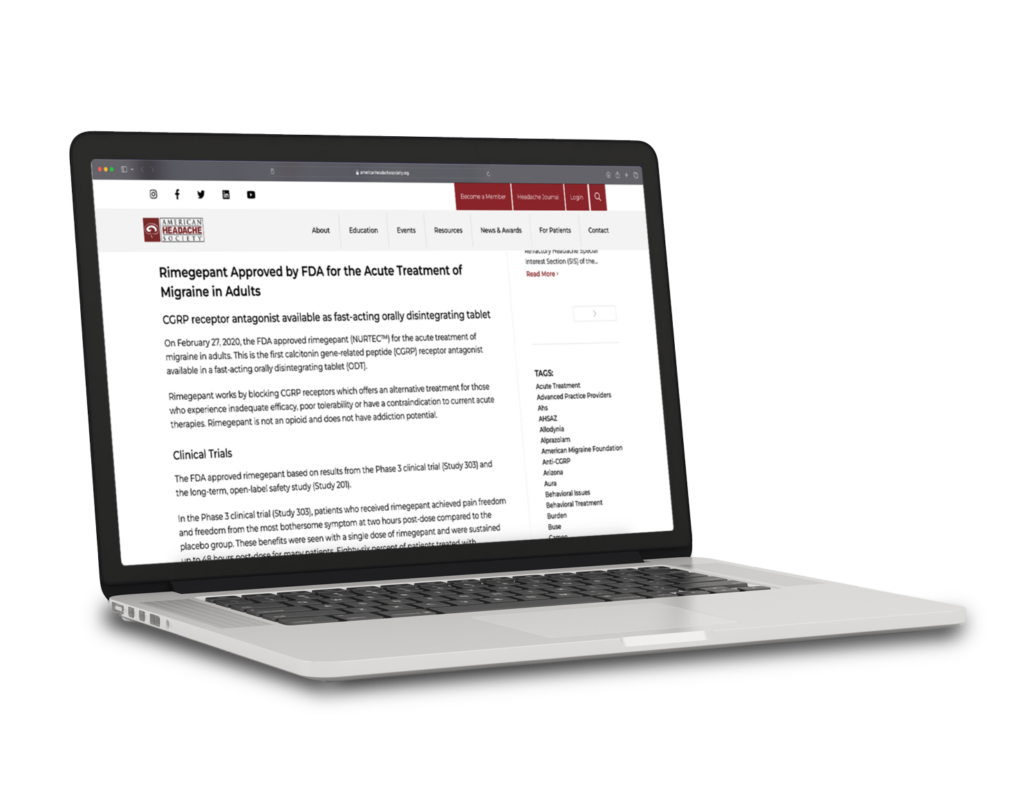Biohaven Pharmaceuticals developed two second-generation calcitonin gene-related peptide (CGRP) receptor antagonists—rimegepant and zavegepant —for use in treating migraines.
A large pharma company had originally developed a first-generation CGRP receptor antagonist, telcagepant, for migraine treatment. It failed in clinical trials due to hepatoxicity.
After telcagepant’s failure, Biohaven had two next-generation CGRP receptor antagonists in development and advancing into clinical trials. Before proceeding further, they required more confidence in the liver safety of these compounds.
Biohaven decided to utilize quantitative systems toxicology (QST) modeling with the DILIsym® platform to gain the prediction data needed to determine if further investment in these drugs was warranted.
In vitro experiments were conducted to measure the potential inhibition of bile acid transporters, production of oxidative stress, and mitochondrial dysfunction. Physiologically based pharmacokinetic (PBPK) modeling provided estimated liver exposure for each compound. Using this data, Biohaven modeled their two CGRP compounds in DILIsym, along with the historical failure and two competitor compounds (ubrogepant and atogepant), allowing them to generate liver safety predictions for four next-generation compounds, as well as comparisons against telcagepant.


DILIsym predicted elevated levels of liver enzymes and bilirubin for telcagepant, mirroring the observed data from the clinical trials.
However, the four second-generation compounds were predicted to be substantially less likely to cause liver injury. Biohaven moved forward with late-stage clinical trials with their two compounds, including for preventive chronic treatment (in addition to acute treatment) based on chronic treatment simulation results for one of their compounds; they then submitted for and received FDA approval for rimegepant and zavegepant.

